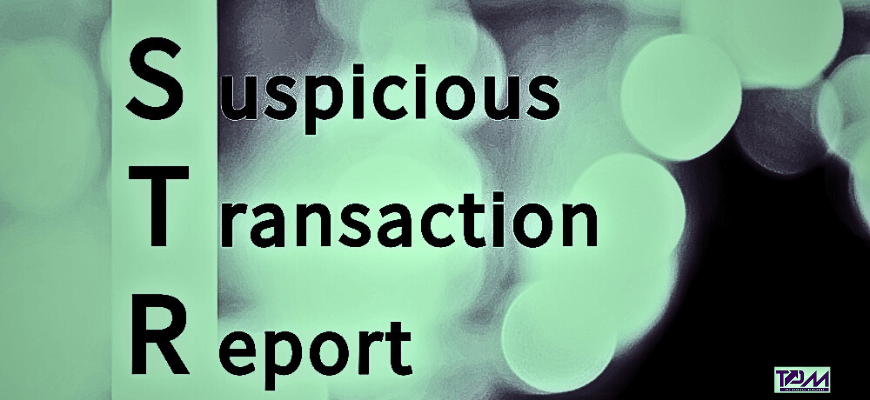
Apr
What Is a Suspicious Transaction Report (STR)?
A suspicious transaction report (STR), also known as a suspicious activity report (SAR) in some jurisdictions, is a critical tool in the battle against money laundering and terrorist financing. Significance – Filed by financial institutions or concerned individuals, these reports…
Read More
Mar
What is PEP Screening in Anti-Money Laundering?
PEP screening is a critical component of a comprehensive anti-money laundering (AML) program. Financial institutions and other obligated entities implement PEP screening processes to identify and manage risks associated with persons who may have opportunities to acquire assets through illicit…
Read More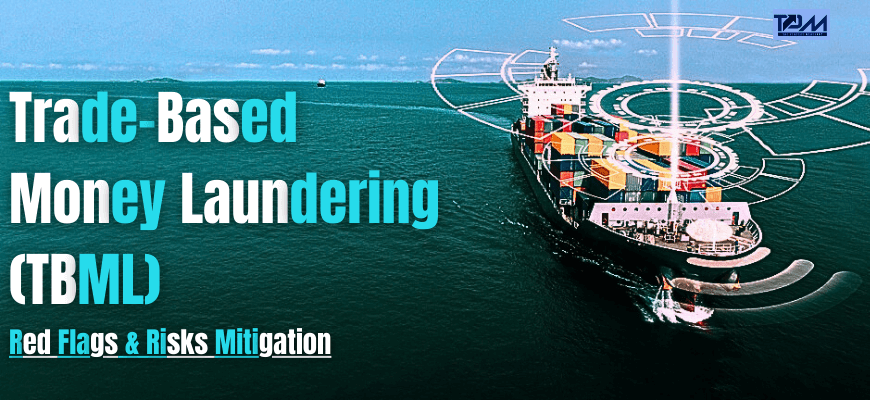
Mar
What is Trade-Based Money Laundering (TBML) – Red Flags and Risks Mitigation
In this article, we'll explore the shadows of trade based money laundering (TBML) and unravel the covert operations that manipulate global trade to conceal illicit finances. This comprehensive content offers a keen eye for spotting trade based money laundering red…
Read More
Feb
A Talk on Key Global Anti-Money Laundering (AML) Regulations
Why Global Anti Money Laundering Regulations? In international finance, AML compliance regulations are a cohesive response to the insidious threat of money laundering, a threat that knows no borders and spares no economy. The article pivots around the stringent anti…
Read More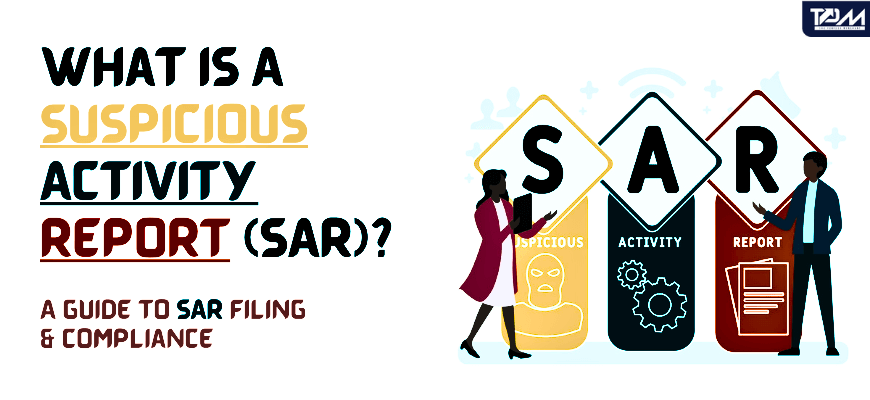
Feb
What is a Suspicious Activity Report (SAR)? A Guide to SAR Filing and Compliance
What is Suspicious Activity Report (SAR)? Let's understand what is Suspicious Activity Report (SAR) in the context of money laundering. Essentially, a SAR acts as a red flag in financial operations, signaling transactions that deviate from the norm, potentially hiding…
Read More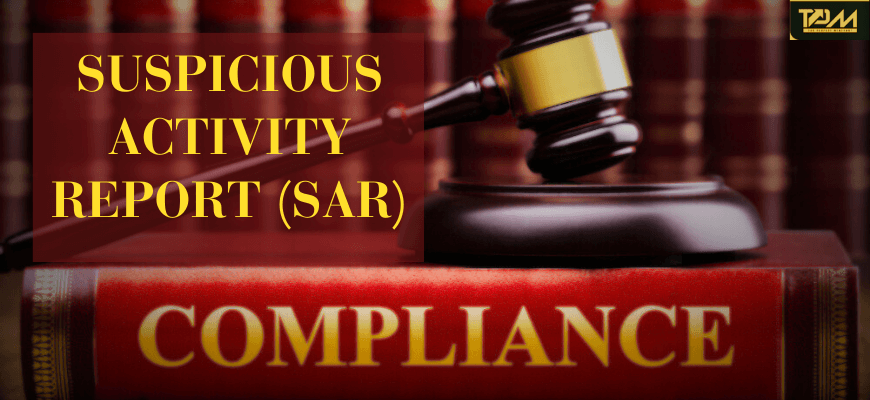
Feb
Suspicious Activity Report – SAR Compliance and Reporting Requirements
Stepping into the domain of financial regulations, it's clear that SAR compliance is no small feat. It's like a tightrope walk where every step, every report, matters. View SAR regulations as the rulebook that keeps the financial game fair and…
Read More
Feb
What Is AML Sanctions Screening? [A Comprehensive Guide]
What is Sanctions Screening? Sanctions screening is an inevitable part of an AML-CFT compliance program for financial and obligated entities to guard themselves against inadvertent criminal misconduct. This process entails matching company records with global sanctions lists to flag individuals…
Read More
Feb
What Is AML Transaction Monitoring? (A Complete Guide)
What Is AML Transaction Monitoring? AML transaction monitoring is the financial sector's powerhouse tactic against the scourge of money laundering and related crimes. When we peel back the layers on what is AML transaction monitoring, it's essentially a vigilant system that tracks…
Read More
Jan
What is Anti-Money Laundering (AML) Screening?
In a world where technology races ahead and financial regulations vary, AML screening is vital. It’s the process of vetting potential customers for money laundering risks, a critical part of financial safety today. Anti money laundering screening, aka AML name screening, adapts to these intricacies, offering…
Read More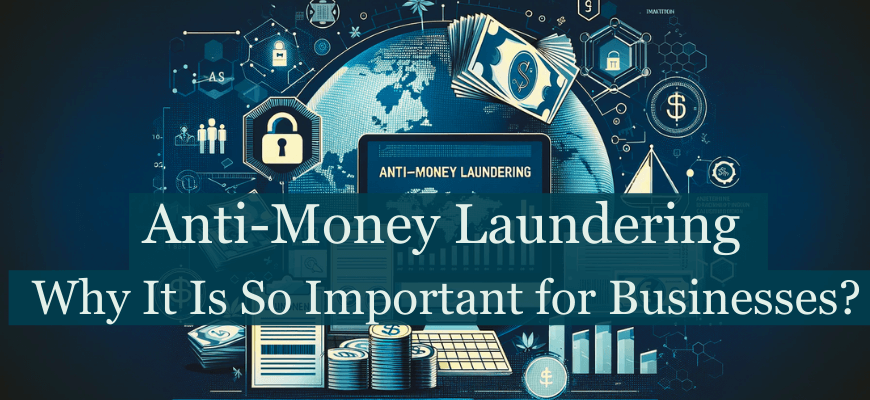
Jan
What Is Anti-Money Laundering and Why It Is So Important for Businesses?
The significance of what is anti money laundering (AML) has increased in today’s world of global financial transactions. Businesses and financial institutions worldwide are confronted with the challenge of managing complicated financial transactions. This makes it essential to implement effective AML strategies.…
Read More
Jan
Anti-Money Laundering and Cybersecurity: How Are They Intertwined
In the fast-paced world of finance and technology, the teamwork between anti-money laundering (AML) and cybersecurity is a game-changer in fighting online crimes. This partnership is a smart move against the tricky blend of cyber threats and financial misconduct. It's…
Read More
Nov
Anti-Money Laundering (AML) Regulations in Brazil: An Overview
The Background: Anti-Money Laundering (AML) Regulations in Brazil Anti-Money Laundering (AML) Regulations in Brazil: Money laundering remains the most prevalent financial crime in Brazil, followed by corruption and Trade-Based Money Laundering (TBML). According to the Basel Anti-Money Laundering Index, which…
Read More